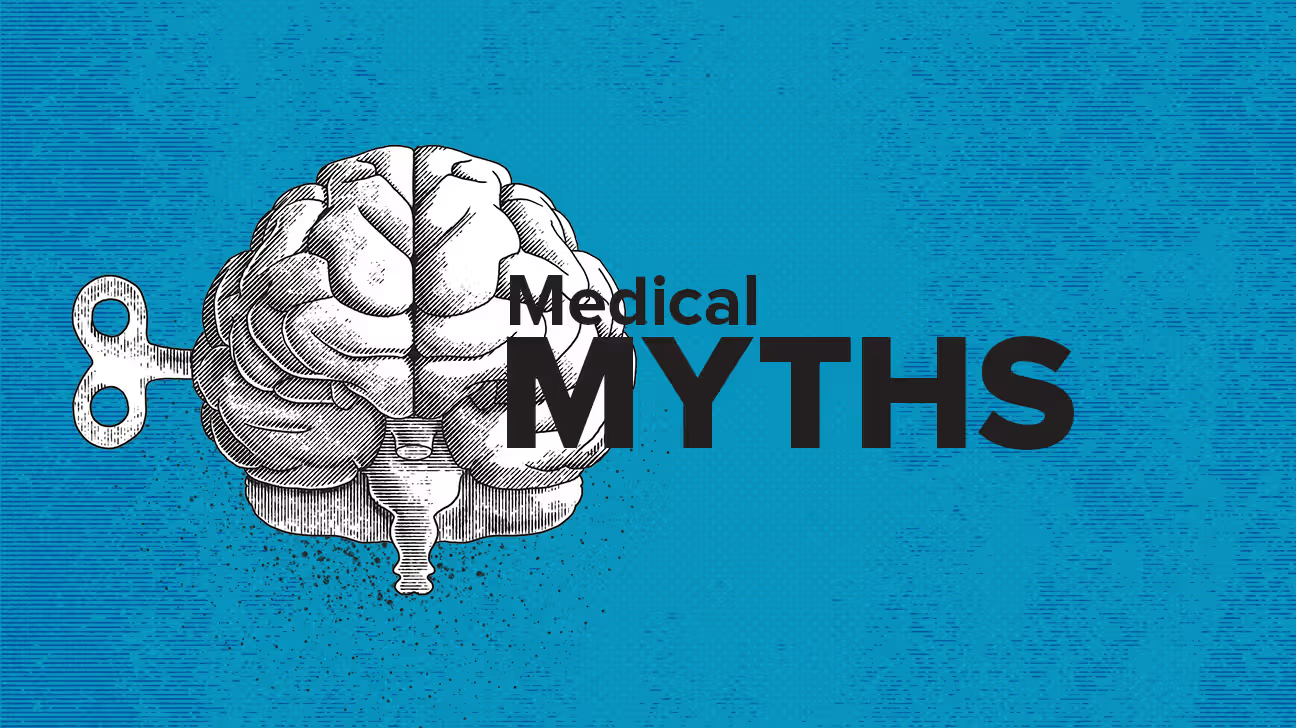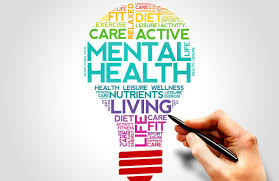Health myths can have far-reaching consequences, especially in a diverse country like India, where traditional beliefs often collide with modern medical practices. This blog aims to debunk some of the most common health myths prevalent in India, shedding light on evidence-based insights that can lead to better health choices.
Myth 1: Home Remedies Are Always Safe and Effective
The Reality
Home remedies, often passed down through generations, can be effective for minor ailments. However, relying solely on them can be risky. For example, the popular belief that turmeric can cure everything from colds to cancer lacks scientific backing. While turmeric has anti-inflammatory properties and may contribute to overall health, it is not a substitute for medical treatment.
Evidence-Based Insight
According to a study published in the Journal of Ethnopharmacology, turmeric does have medicinal properties, but it should be used as a complementary therapy rather than a primary treatment. For serious conditions, consulting a healthcare professional is essential. Always remember that not all home remedies are safe; some can interact with medications or cause allergic reactions.
Myth 2: Vaccines Cause More Harm Than Good
The Reality
Vaccination skepticism has grown in recent years, leading many to question their safety. In India, misconceptions about vaccines causing diseases, especially in children, are prevalent. This myth has been fueled by misinformation and anecdotal evidence.
Evidence-Based Insight
Numerous studies, including one published in The Lancet, have confirmed the safety and efficacy of vaccines. Vaccines are rigorously tested before approval and are monitored continuously for safety. The World Health Organization (WHO) states that vaccines save millions of lives annually, and the benefits far outweigh the risks. In India, the ongoing vaccination drive against diseases like polio and measles has led to significant declines in incidence rates.
Myth 3: Drinking Milk Makes You Stronger
The Reality
Milk has long been touted as a source of strength and nutrition, particularly for children. While it is a good source of calcium and protein, the belief that consuming large amounts of milk will lead to superior health is misleading.
Evidence-Based Insight
A study published in the American Journal of Clinical Nutrition found that while dairy products can contribute to a healthy diet, excessive consumption does not guarantee better bone health. In fact, some individuals may be lactose intolerant and could experience digestive issues. A balanced diet, including various food groups, is key to overall health.
Myth 4: Eating Ghee Leads to Heart Disease
The Reality
Ghee, or clarified butter, is often criticized for being high in saturated fats, leading to concerns about heart health. Many believe that consuming ghee will inevitably lead to weight gain and cardiovascular issues.
Evidence-Based Insight
Recent research indicates that ghee, when consumed in moderation, can be part of a healthy diet. A study published in the Journal of Nutrition suggests that ghee may not have the adverse effects previously thought and may even have benefits due to its butyrate content, which has anti-inflammatory properties. Moderation is crucial, and ghee should be incorporated as part of a balanced diet.
Myth 5: You Should Avoid All Carbs to Lose Weight
The Reality
The idea that all carbohydrates are bad for weight loss has gained popularity, leading many to eliminate them entirely from their diets. This is a simplistic view of nutrition that overlooks the complexities of food.
Evidence-Based Insight
Not all carbs are created equal. Whole grains, fruits, and vegetables provide essential nutrients and fiber that contribute to a balanced diet. Research in the American Journal of Clinical Nutrition shows that complex carbohydrates can aid in weight loss and maintenance when consumed as part of a calorie-controlled diet. It is crucial to focus on the quality of carbohydrates rather than eliminating them altogether.
Myth 6: Stress Can Be Cured by Meditation Alone
The Reality
While meditation is widely recognized for its benefits in stress reduction and mental well-being, the belief that it can cure severe stress or anxiety without additional support is misleading.
Evidence-Based Insight
Studies have shown that mindfulness practices, including meditation, can significantly reduce stress. However, in cases of chronic stress or anxiety disorders, a multi-faceted approach is necessary. According to the Journal of Psychological Medicine, combining meditation with therapy and, if needed, medication, yields the best outcomes for mental health.
Myth 7: Herbal Supplements Are Always Safe
The Reality
Herbal supplements are often perceived as safe alternatives to conventional medicine, leading many to self-prescribe without proper guidance. This can result in dangerous interactions or side effects.
Evidence-Based Insight
Research published in the Journal of Clinical Pharmacology highlights that herbal supplements can interact with prescription medications, sometimes dangerously. Just because a product is “natural” does not mean it is risk-free. Always consult a healthcare professional before starting any new supplement regimen.
In a country as diverse and culturally rich as India, health myths can significantly influence public health outcomes. By debunking these common misconceptions and providing evidence-based insights, we can empower individuals to make informed health decisions. It is essential to seek reliable information from healthcare professionals and scientific literature rather than relying solely on anecdotal evidence or traditional beliefs. Understanding the facts behind these myths can lead to better health practices and ultimately improve the well-being of individuals and communities across India.




